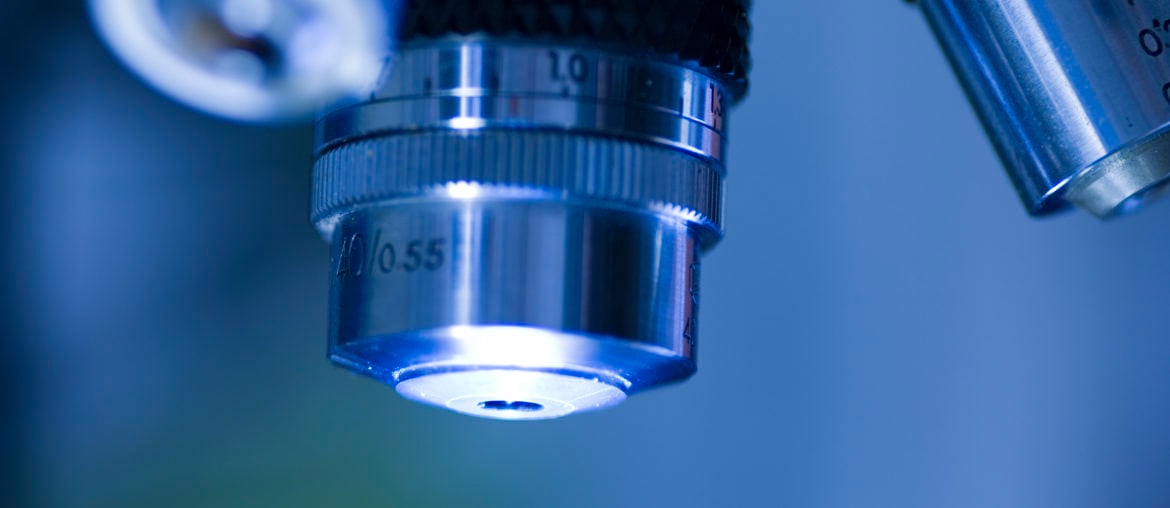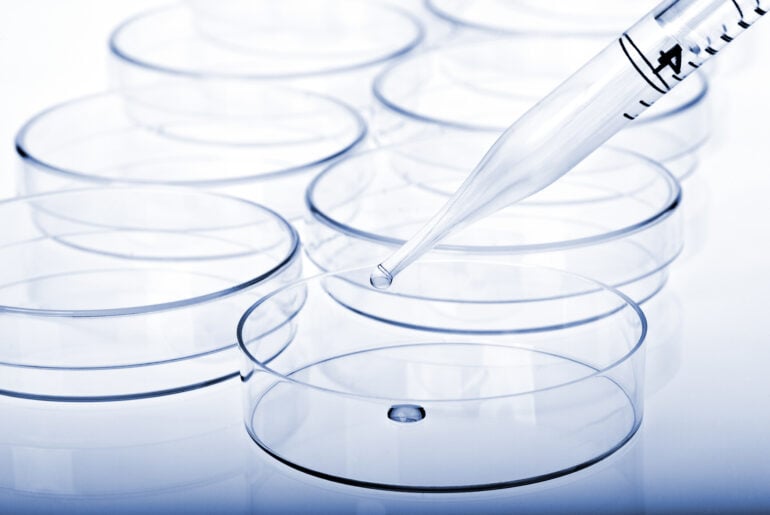In brief
Royal Decree 192/2023 on Medical Devices, which adapts Spanish national regulations to the provisions of Regulation (EU) 2017/745, was published on March 22. The new Royal Decree identifies the competent authority in Spain for medical devices, expands the scope of some of the provisions to new kinds of products and introduces provisions regarding the manufacture of in-house products and the reprocessing of single-use products, among other significant changes.
In more detail
The new Royal Decree 192/2023, which regulates medical devices (RDPS) complements the application of the provisions of Regulation (EU) 2017/745, on medical devices (MDR) in Spain. It replaces the provisions of Royal Decree 1591/2009 on medical devices and of Royal Decree 1616/2009 on implantable medical devices.
Scope
The main new features of the RDPS include the scope of application of this regulation, which is extended to cover certain products that are similar to medical devices in terms of their functioning and risks but which do not have a medical purpose, as well as instruments for permanent or semi-permanent make-up or for skin tattooing using invasive techniques.
Competent authority
The new RDPS establishes the language regime in Spanish for the information on the label and the instructions of use for medical devices and designates the Spanish Agency of Medicines and Medical Devices (AEMPS) as the competent authority for medical devices, an element that until now was not reflected in the legislation, although in practice the AEMPS already acted as such.
Single-use devices
The new RDPS also establishes the requirements for hospitals to manufacture single-use medical devices for their exclusive use and the limits to the reprocessing and reuse of single-use devices.
Commercialization Registry
The RDPS foresees changes in the marketing of medical devices with the creation of a product Commercialization Registry in which companies must register and communicate information on the products they market, and which must be carried out within six months from the product’s notification to Eudamed.
Operating licences
The RDPS has updated the provisions relating to the granting of the prior operating licence for the manufacture, importation, grouping or sterilization of medical devices, establishing a maximum validity period of five years, which makes it necessary to renew or modify the licences already granted in order to adapt them to the new requirements.
Considerations
The RDPS introduces changes that reflect the application of the MDR in Spain, which will help to facilitate the trade of medical devices from other European Union states regarding its production chain. Likewise, from now on there will be fewer uncertainties as to whether or not national regulations apply to certain products. In this sense, among other factors, the new RDPS can be seen as an important step forward for the Healthcare industry.
In more detail
More information on this regulatory development can be found in our Insight Plus publication which can be accessed via this link.


